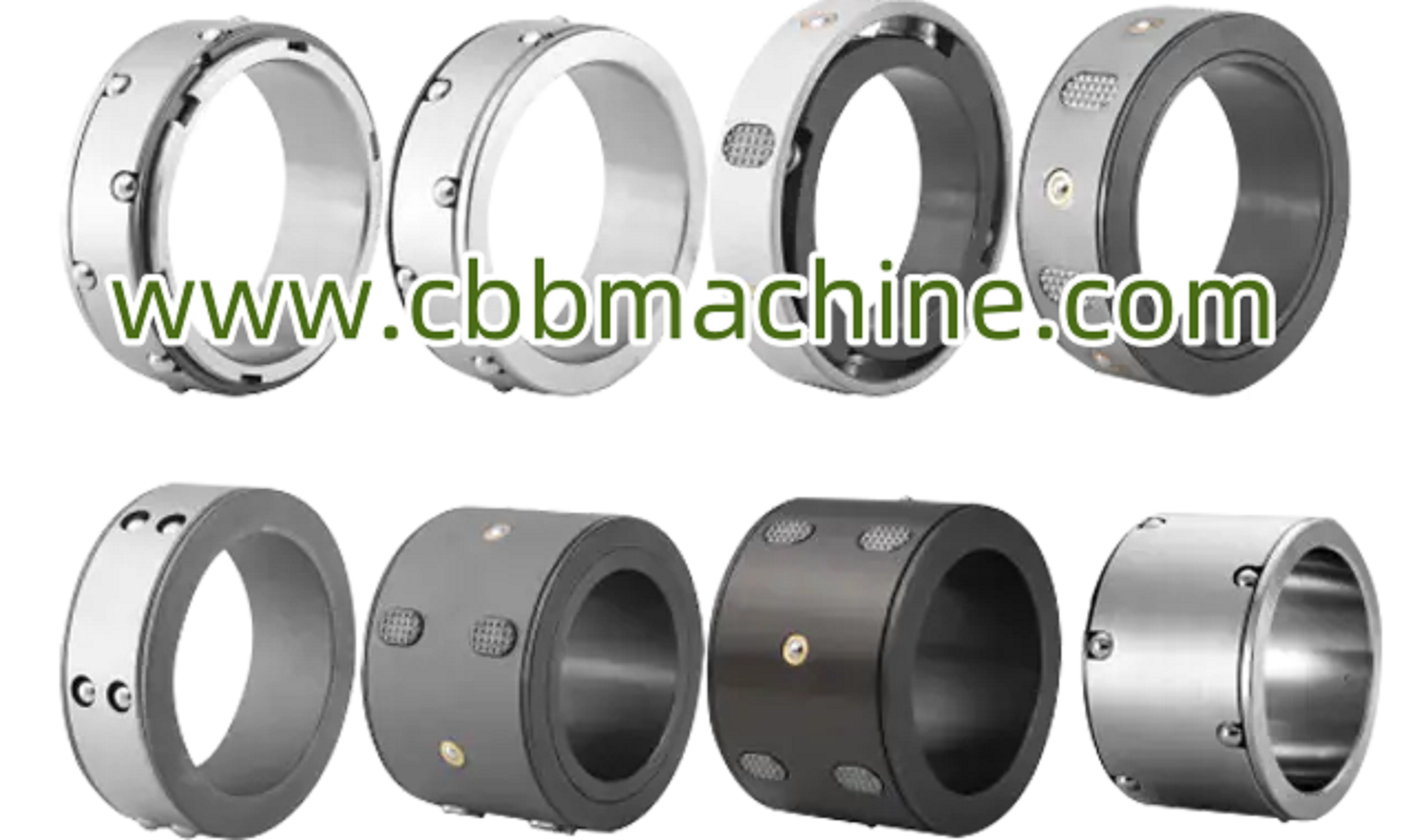Why CBBMachine Differential Shaft Solutions Support Core Variability

When dealing with high-precision slitting and winding systems, many manufacturers rely on a Differential Shaft to manage web tension and improve the accuracy of roll diameters during continuous production runs.
This mechanical innovation is essential for various industries including film, foil, paper, non-woven, and textile processing. The core function of a differential shaft is to ensure that materials with varying thicknesses or winding speeds can still be rewound uniformly without causing defects, slack, or stretching. Unlike fixed shafts, it allows individual cores to rotate at slightly different speeds—compensating for variations in web tension or roll diameter.
A key design feature is the use of slip elements or friction rings along the shaft. These components engage with individual cores, applying adjustable torque to accommodate misalignment or differing web tensions. This functionality not only increases final product quality but also minimizes material waste and machine downtime.
Differential shafts are especially valuable in high-speed applications where precise winding is crucial. For instance, in converting lines where thin materials like PET film or adhesive tape are processed, improper winding can result in telescoping, wrinkling, or uneven rolls. By allowing differential movement between cores, these shafts mitigate such risks and ensure tight, straight winding results every time.
Another benefit is the flexibility in core size handling. Most modern differential shafts can adapt to both 3-inch and 6-inch cores, reducing the need for frequent shaft changes and improving operational efficiency. Their modular design allows for quick disassembly and maintenance, which helps in minimizing production interruptions.
Additionally, when paired with automatic tension control systems, differential shafts contribute to smarter, more efficient production lines. Their consistent torque output ensures that all rolls finish uniformly, enhancing downstream processes like packaging, lamination, or printing.
For companies aiming to upgrade their winding systems, choosing a reliable shaft design with adjustable friction control, durable materials, and a compatible mounting system is crucial. Manufacturers also need to consider the type of material being processed, line speed, and environmental factors such as temperature and humidity.
CBBMachine specializes in manufacturing differential shafts that meet these demands, offering custom-engineered solutions for a wide range of industrial applications. Their expertise ensures not only mechanical precision but also long-lasting performance under rigorous conditions.
To explore detailed product specifications or request a tailored solution, visit www.cbbmachine.com
- Art
- Causes
- Crafts
- Dance
- Drinks
- Film
- Fitness
- Food
- Games
- Gardening
- Health
- Home
- Literature
- Music
- Networking
- Other
- Party
- Religion
- Shopping
- Sports
- Theater
- Wellness

